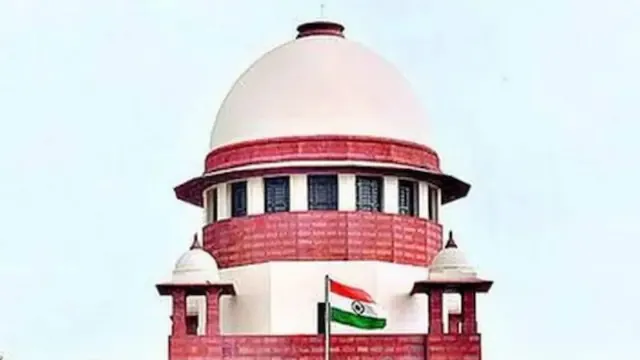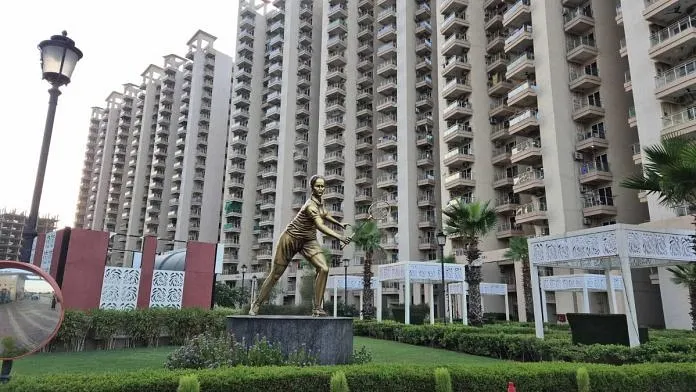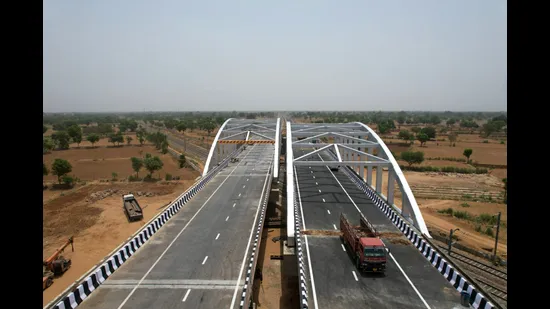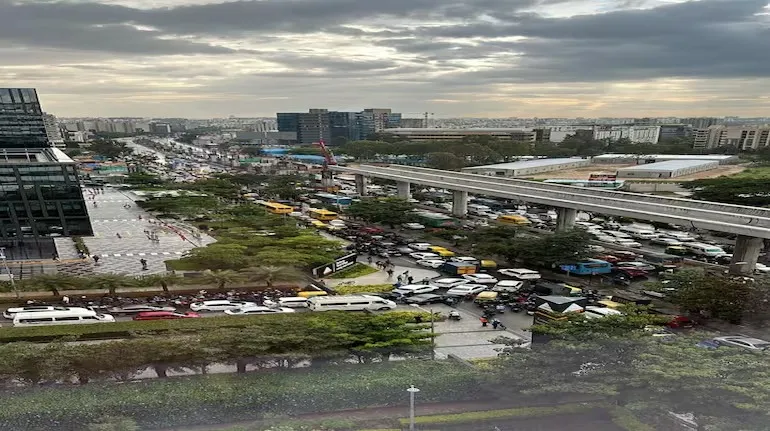 81 Page views
81 Page views
Published on Mon Jun 09 2025 | News 18 Supreme Court India

Supreme Court of India rules that registration alone doesn't prove ownership, urging property holders to ensure full legal recognition of their rights.
The Supreme Court of India has recently ruled that the act of registering property does not, in itself, confer ownership rights. While registration can support an individual’s claim, it does not equate to legal possession or control of the property. This landmark judgment has sparked widespread national debate and is expected to significantly affect property holders, legal practitioners, and real estate developers. It marks a potential shift in the interpretation of property law, with implications for millions of citizens.
Distinction Between Registration And Ownership
The apex court’s decision draws a clear distinction between registering a property and holding legitimate ownership. Previously, it was widely assumed that registration implied ownership.
However, the court has clarified that registration is a procedural step, whereas ownership confers the legal authority to use, manage, and transfer the property.
Key Points From The Judgment
Implications For Property Owners
This development holds significant relevance for property holders across the country, especially those who have acquired assets through purchase, inheritance, or other means. The judgment underlines the importance of ensuring not only that properties are registered but also that ownership is legally established. Property owners are advised to:
The ruling is poised to reshape the real estate sector and legal practices across India. Developers, buyers, and solicitors will now be required to operate within a more clearly defined legal framework.
This increased clarity may enhance the reliability of property transactions and could influence property valuations, as legal ownership becomes a more critical determinant than mere registration.
Towards Stronger Property Law Governance
This Supreme Court judgment is expected to prompt a comprehensive reassessment of existing property laws in India. A more robust and transparent legal infrastructure is likely to emerge, offering clearer distinctions between administrative registration and legal ownership.

Noida’s Sports City is the biggest scam in its 50-year history. CBI probe to court cases

From July, travel time between Delhi and Jaipur to reduce by an hour

Back-to-office blues: Bengaluru's ORR tech parks see up to 45% rise in private vehicles; Wednesday most congested

Ghaziabad To Get Township Near Delhi-Meerut Expressway, Land To Be Acquired From 8 Villages

JAL insolvency: Five firms submit bids to acquire bankrupt firm